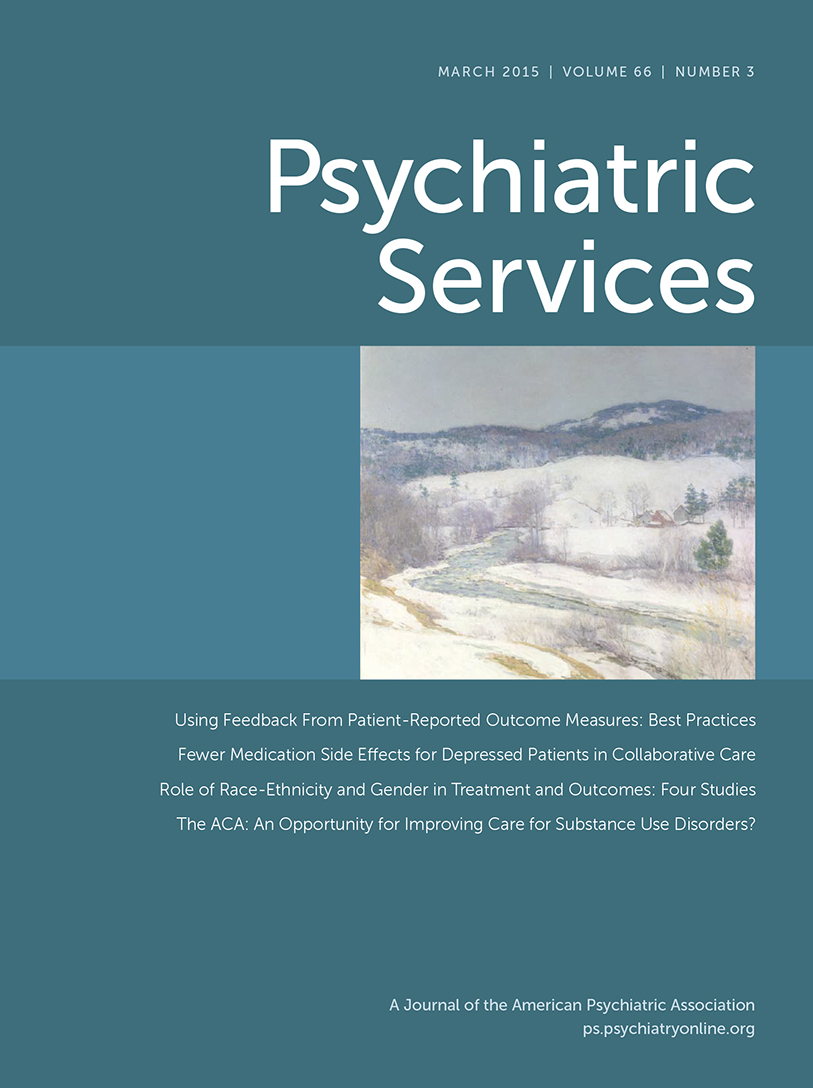Medications for Maltreated Children: Wrong Conclusions?
To the Editor: The authors of the article about Medicaid expenditures on psychotropic medication for maltreated children in the December issue drew the wrong conclusion (1). The finding that mood stabilizers and antidepressants were overprescribed for children and adolescents with a history of abuse is most likely a result of the unavailability and underprescribing of evidence-based psychotherapy. For this reason, any cost savings from a reduction in the use of antidepressants will result in less or no treatment for this population, which is anathema to health care goals.
Instead of wasting the time of patients’ psychiatrists by requiring them to conduct drug reviews—a requirement that essentially treats them as medical students—we should transfer any Medicaid cost savings from reducing drug use to psychotherapy services, start prescribing and delivering such services, and monitoring their outcomes.
1 : Medicaid expenditures on psychotropic medication for maltreated children: a study of 36 states. Psychiatric Services 65:1445–1451, 2014Link, Google Scholar



